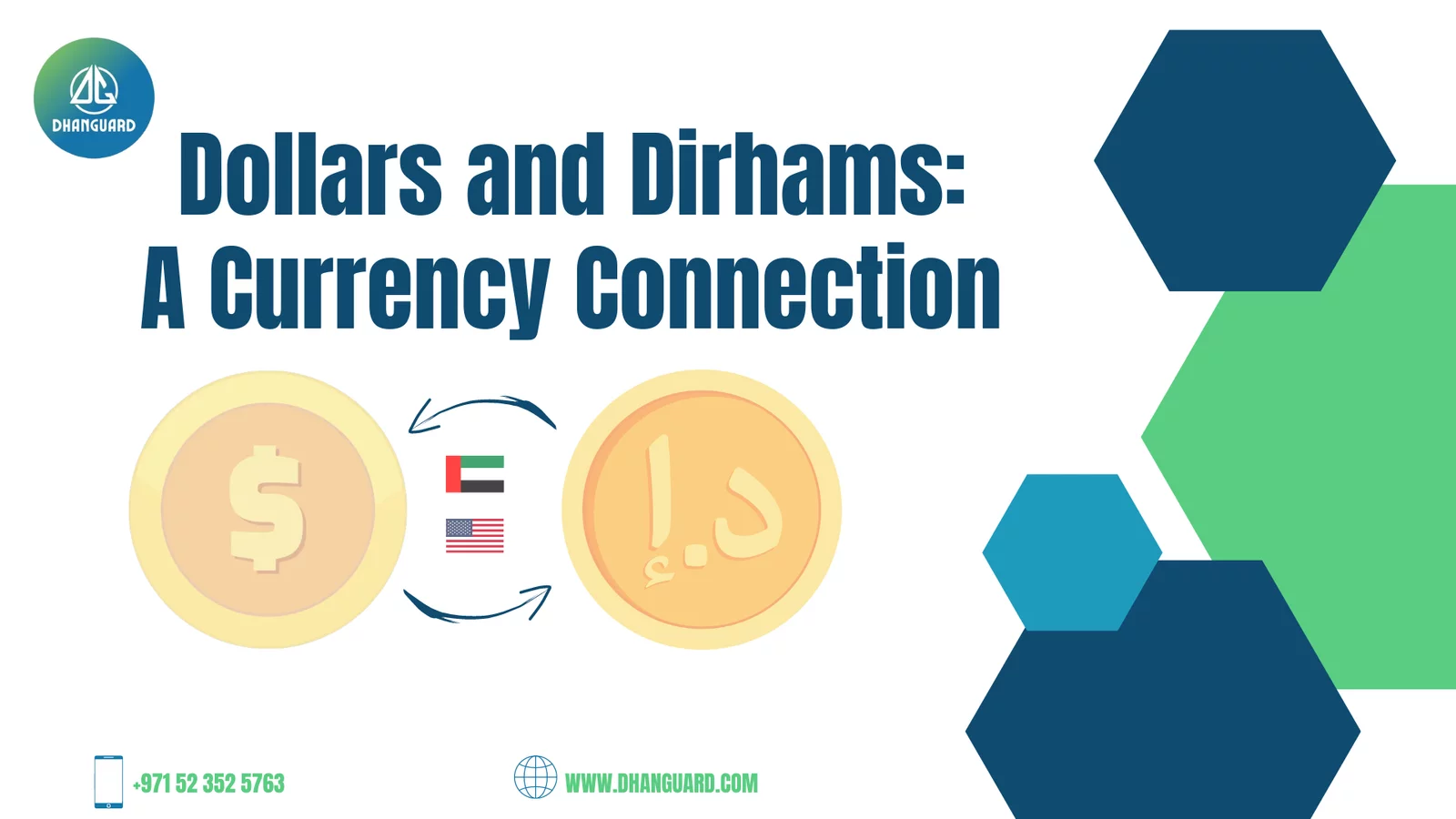Every economy's growth is significantly influenced by how well the banking industry performs. The banking sector acts as a middleman between individuals who supply capital and those who put it to use by investing it in profitable ventures that promote economic expansion. In the financial industry, there are two different kinds of banks. The first kind is referred to as conventional banks, while the second is referred to as Islamic banks. The fundamental difference between the two sorts of banks is the philosophy that underpins the banking sector. No matter how small or large, interest rates are entirely forbidden in the Islamic banking sector. As a result, it's also known as interest free banking. On the other hand, conventional banks are totally reliant on interest.
Therefore in today’s blog, Dhanguard will extensively discuss the difference between Islamic Banking and Conventional Banking. So without any further ado, let’s begin!
Along with a wide array of services provided, Dhanguard also helps with Mainland, Offshore and Business Account opening as well.
What is Islamic Banking in the UAE?
The foundation of Islamic banking is Shariah Law. Interest is not allowed in Islamic banking, and asset based finance is not permitted by Islam because it involves trading of commodities. The conventional banking system is driven by profit, and it is founded on laws created by humans.
The goal of traditional banking is to generate income through interest. It is governed by the banking laws of their respective countries rather than being based on Sharia law. Islamic banking and traditional banking have different approaches to risk sharing. In Islamic banking and conventional banking, there are differences in the risk management variables and risks in the financial markets.
The two types of bank financing and Islamic securities, generally known as Sukuk, are different in Islamic banking. These are not included in the definition of Islamic finance, although in conventional banking they are referred to as bank loans and bond offerings.
Interest vs Profit
The risk of loss is not evenly distributed if an organization is financed by debt with an obligation to pay interest because interest is prohibited in Islamic banking. The practice of financing is founded, in accordance with Islamic finance, on the idea of profit and loss sharing. The funding process is carried out in accordance with Shariah law using various types of contracts. Mudarabah, which is governed by Shariah law, describes how financial organizations and businesspeople divide earnings and losses.
As a result of the earnings being divided according to a predetermined ratio, business returns vary according to how profitable the company is. The banking institution will take losses. The financial institution has the right to receive interest on the loans it issues, regardless of how well the business is doing, with conventional banking, on the other hand.
Read More: Best Guide to Apply for Instant Personal Loan in Dubai in 2022! Read Now
Sharia Law: How does it work?
The earnings and losses would be split under Islamic banking. The Shariah does not eliminate risk; rather, it recognises that it is part of doing business and that banks should take steps to control that risk and keep it within reasonable bounds. Due to Sharia law's limitation on speculative risk, Islamic banks likewise make sure that risks are not of a speculative nature. Islamic banking employs investigative methods and continues to keep an eye on the companies they lend money to in order to lower risk.
Islamic banking is founded on moral precepts that include sharing in losses and gains and engaging in practical work. There are no financial tools, such as derivatives, that can be used in Islamic banking where one performing asset would determine the value of another.
Islamic profit and loss sharing, according to experts, governs Islamic finance. Shariah-compliant contracts serve as the foundation for Islamic banking and Sukuk. It is founded on sharia principles, and the sharia board is composed of Islamic academics who provide opinions on Islamic commercial contracts. In order to ensure that banks follow the principles of Sharia, the Sharia board also offers monitoring.
What are the differences between Islamic Banking System and Conventional Banking System?
The Islamic Banking System and Conventional Banking System differ in the following ways-
Islamic Banking System
Conventional Banking System
A product is an asset, and money is only a medium of trade.
Money is a good and a means of exchange with a marketable worth.
If a loss is incurred by an entity, losses may be split.
Normal banking does not use loss sharing.
The primary way to make money is through trading profits.
Depending on how long a loan is carried out for, interest is assessed.
Under Islamic Banking, there is no concept of interest and losses are distributed.
No matter how well a corporation performs, interest is still charged.
During the fund distribution process, products and services are present. No inflation is produced since money is not enlarged.
During the distribution of funds, there is no presence of goods and services. Inflation could result from money supply growth.
A contract for the exchange of products and services is required, in accordance with the Murabaha, Salam, and Istisna contracts, before any money is disbursed.
The cash distribution for operating financing does not include any arrangement for the exchange of products and services.
The rate of inflation is tightly under control, and businesses do not impose additional costs.
Inflation causes the business entity to raise the cost of goods and services. The pricing is based on the cost of the good, which takes inflation into account.
Musharakah and decreasing Musharakah negotiations are completed prior to the disbursement of cash, ensuring that there is capital available for the project.
The processing of long-term finance and bridging loans does not take into account capital goods.
The government can apply for loans from financial institutions once the National Investment Fund has received confirmation that the items have been delivered.
The central bank lends money to the regulatory agencies through money market operations, which avoids the need for initial capital investment.
There are multiplicative impacts of actual wealth since it is distributed among many hands and persons and money moves among them.
There isn't much growth and the money is spread among a small number of people.
Profits are divided between Mudarabah and Musharakah, which reduces the burden placed on those who earn a living wage. As a result, more people will have more money to save and earn, which will raise the GDP.
Debt financing has interest costs that are included in taxable income, which increases the tax burden on salary earners. As a result, savings income is negatively impacted, which lowers the gross domestic product (GDP).
If the project doesn't work out, the management decides to sell the property to another party to make up for the losses.
If the loan is not repaid, it is written off and becomes a non-performing debt.
Conclusion
The crux of the blog is concerned with the dynamic differences between Islamic and conventional banking in terms of bank performance. The various regression models show that conventional banks outperform their Islamic counterparts regardless of the period, nation, or performance measure. The direct factors that determine success differ between the two banking types as well. For instance, liquidity does not seem to have a role in the performance of Islamic banks but appears to have an impact on the performance of conventional banks. We therefore hope that this blog gives you useful knowledge. Please feel free to visit our office or our website for further details on other related topics.
Read All Business Account Blogs
DhanGuard: All-in-One Solution for Business Setup in Dubai, UAE
DhanGuard is your ultimate one-stop solution for all your business needs. Whether you’re planning to set up a new company or expand your existing business in the UAE, we’ve got you covered with our comprehensive range of services. From Business Setup in UAE and Company Formation in Dubai to managing your financial and legal compliance, we provide everything you need under one roof.
Our services include:
- Company Formation in UAE and Dubai
- Opening a Business Bank Account in UAE and Dubai with a 99% success rate
- VAT & Corporate Tax Compliance
- Accounting, Bookkeeping, and Auditing Services
- Trade License Renewal
- Golden Visa Assistance
Let DhanGuard make your journey of Business Setup in Dubai seamless and hassle-free!















